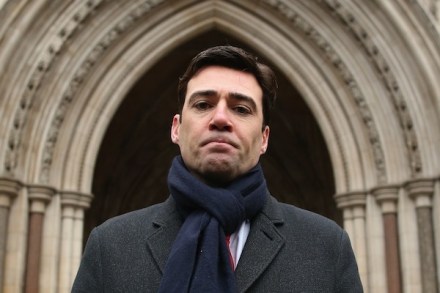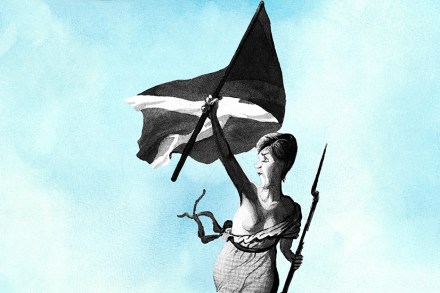Is a poetry contest really the way to remember Martin McGuinness?
‘What rhymes with Patsy Gillespie?’ That was the starkest reaction on social media to the recent announcement of the launch of a poetry prize dedicated to Derry IRA commander and former deputy first minister of Northern Ireland, Martin McGuinness. Mr Gillespie, 42, was a cook at the Fort George Army base in Derry city. In October 1990, republican terrorists abducted him from his home in front of his family, taking them hostage. They chained him to the driver’s seat of a van full of explosives and forced him to drive into a permanent army checkpoint on the border where they detonated the 1,200lb bomb, killing him and five soldiers. Gillespie




















